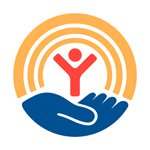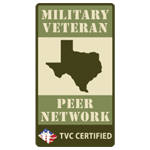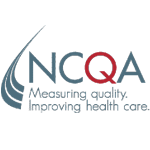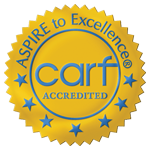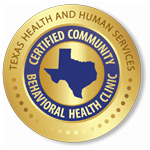Transition Support Team
Your Partner in Support, Education, and Collaboration for IDD Success!
Case Consultations
Technical Assistance
Educational Opportunities
Stakeholders Meeting
Our Stakeholder Meetings provide a valuable platform for gathering feedback on program training, discussing emerging opportunities and needs, and identifying key areas of concern. These meetings serve as an important forum for collaboration, where participants can share insights and contribute to the ongoing development of services.
The Stakeholder Committee includes a diverse group of individuals, such as those receiving services through LIDDAs, HCS, or TxHmL, representatives from each LIDDA, family members of individuals receiving services, community providers, and representatives from advocacy organizations.
Additionally, these meetings offer organizations that provide services to individuals with developmental disabilities the opportunity to present their resources and explain how to access their services.
If you would like to present on behalf of your organization at one of our quarterly meetings or if you are interested in joining the committee, please reach out to us for more information.
Resources
TST Referral Form
TST December Newsletter
E-mailing List
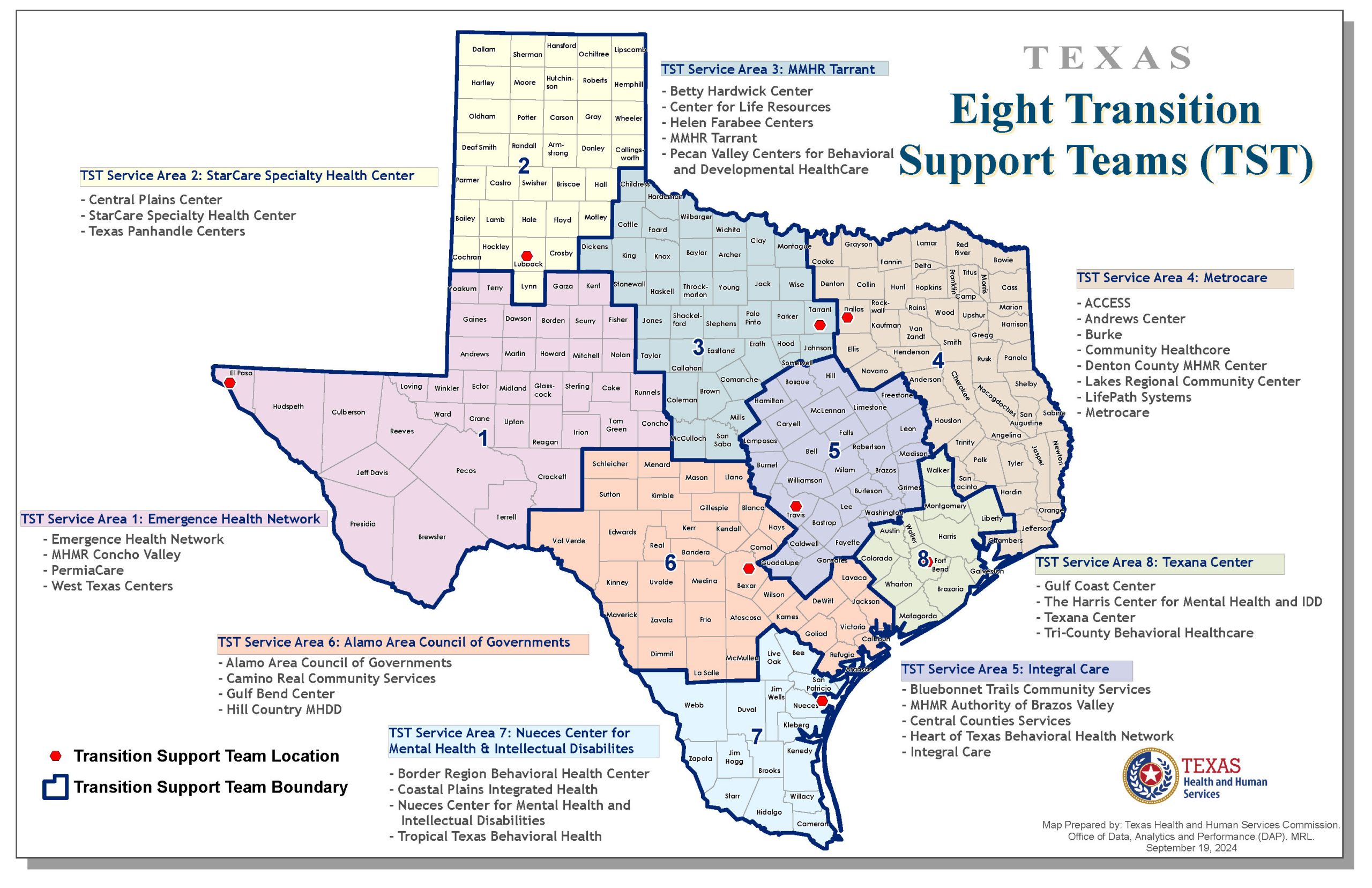
This document was developed under grant CFDA 93.791 from the U.S. Department of Health and Human Services, Centers for Medicare & Medicaid Services. However, these contents do not necessarily represent the policy of the U.S. Department of Health and Human Services, and you should not assume endorsement by the Federal Government.
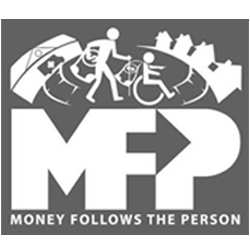
We want you to know that we are here to support you every step of the way. If you’re interested in receiving more information or enrolling in our emailing list, please reach out through the contact form below.
Metrocare provides mental health services to any Dallas County resident regardless of ability to pay.
To contact the Transition Support Team, call (214) 333 – 7065
Stay connected
Sign up for our newsletter




